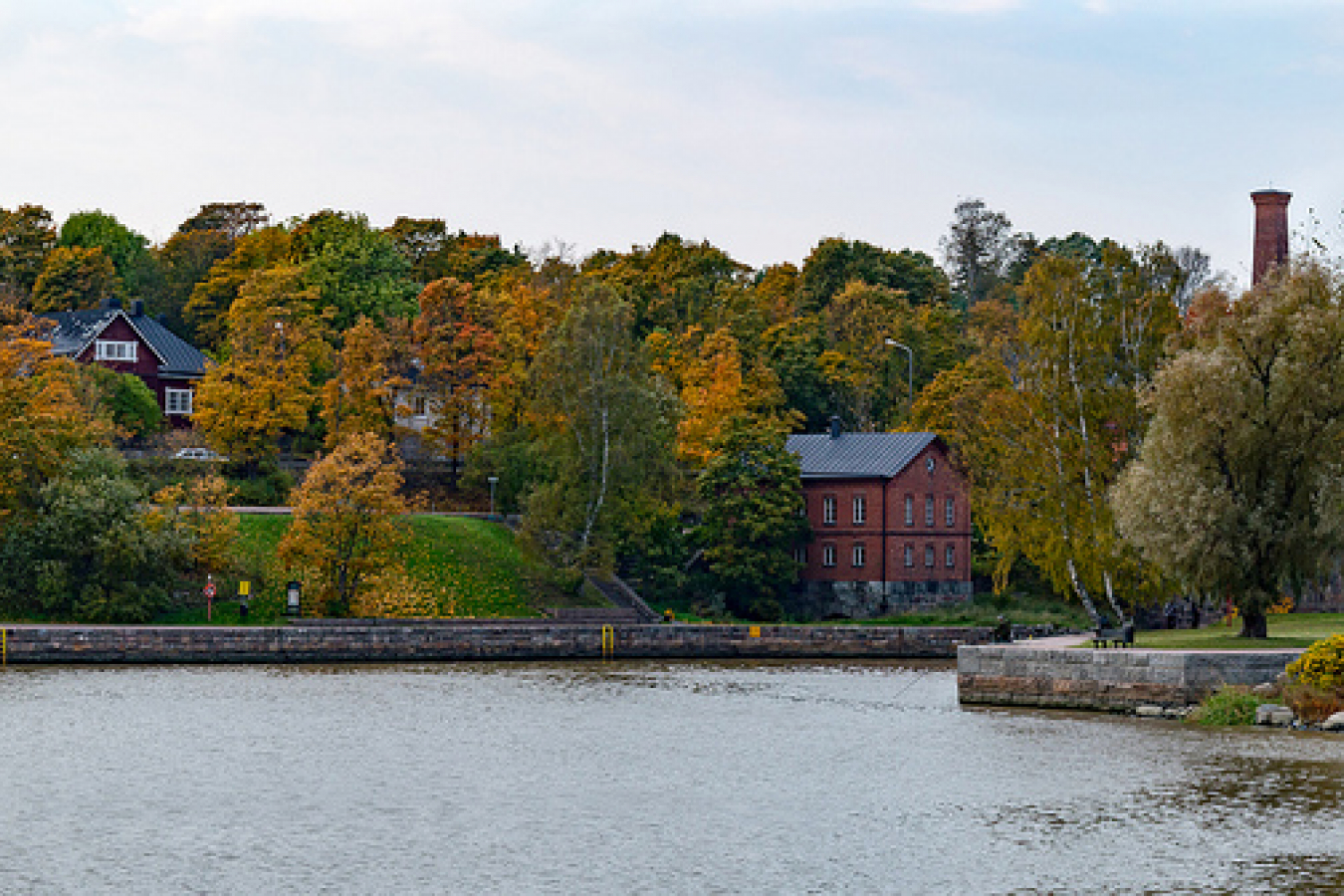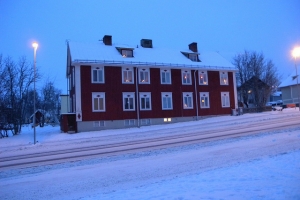Support migrant centric journalism today and donate

 • Watch This Video
• Watch This VideoHighly educated residents of the Helsinki region are the most willing to accept immigrants into the area to help alleviate the labor shortage. According to a poll commissioned by Helsingin Sanomat and conducted by Suomen Gallup, laborers with a low level of education take the most skeptical view of increasing immigration.
Respondents were asked if they felt that the Helsinki region needed more immigrants to patch up the expected labor shortage. The question divided opinions in the Helsinki region nearly in half. Of all respondents, 44% felt that immigrants are needed, while 47% were opposed to recruiting labor from abroad.
Attitudes toward increased immigration were clearly most negative in Vantaa, where only 35% of respondents were in favor of it. More than half (56%) were opposed to increasing immigration. In Espoo and Helsinki, opinions were more or less equally divided between "yes" and "no."
Party affiliation appeared to correlate somewhat with the answers. The most pro-immigration respondents were supporters of the Green League, 68% of whom were in favor of more foreign workers. The greatest proportion of opponents of immigration was to be found among supporters of small political parties, and also to some extent among the Centre Party.
The survey indicates that the immigration issue is fairly confusing for Helsinki area residents supporting the Centre Party; as many as one in four of them could not say if the region needs more immigrants to ease the labor shortage. Half were against the idea, and 27% were in favor.
In general, there was a significant correlation between the responses and the respondent's profession and position in working life. Among those in leading positions, or who work in high-level white-collar posts, 55% support and 37% oppose the idea that more foreign labor is needed in the Helsinki region. Among manual laborers, meanwhile, opponents of recruiting immigrants clearly outnumbered supporters.
A common factor behind the differences in views among population groups is educational background, says Juhani Pehkonen, deputy CEO of Suomen Gallup. The more highly educated a respondent is, the more likely he or she is to see a need for immigration as a way to tackle labor shortages. In Vantaa, the average educational level is lower than in other parts of the Helsinki region.
Pehkonen feels that the influence of education on opinions is also a reason why opposition to immigration is high among those under the age of 25, even though the younger generations are often said to be more tolerant than the older ones.
"Those who are highly educated do not see immigrants as a socio-economic threat, as is the case with those with less basic education. There is quite demonstrable evidence of this", says Dr. Magdalena Jaakkola, who has studied Finnish attitudes toward immigrants for many years. "Also, overall prejudice is more common among those with a lower education."
Related:
• Finland, Spain, Portugal to accept new EU member state workers• Finland grants asylum and residence permits to dozens of Chechens
• OECD - developed countries must do more to integrate immigrant workers
• Immigration fails to stem European population loss
• EU short of skilled labor
• EU and EEA labor market trends





















